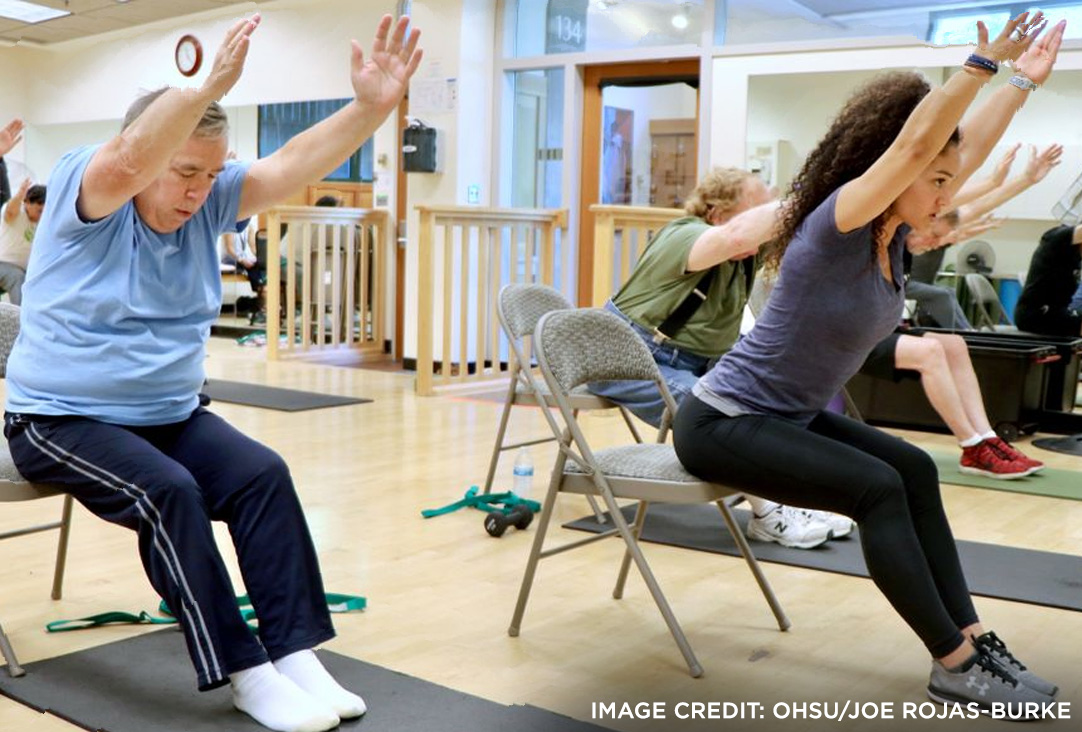A large observational study (2025) from Australia’s Monash University, spanning a decade and involving over 10,000 people over 70, found that people who listened to music most days slashed their risk of developing dementia by 39% compared with those who did not. The regular music-listeners also had a decreased risk of experiencing general cognitive decline and performed consistently better on memory tasks and cognitive function…





























































